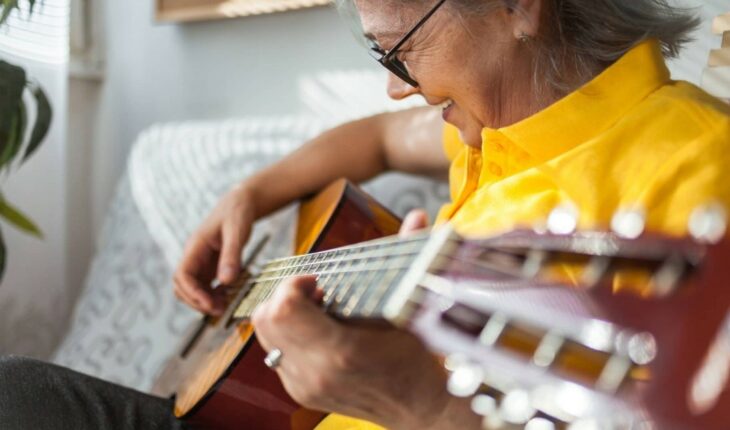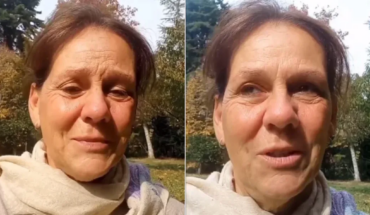Dementia is a syndrome characterized by impairment of cognitive function beyond what could be considered a consequence of normal aging; affects each person differently and the symptoms may vary according to the impact of the disease and the different stages that are crossed from the beginning to the evolution. Impairment of cognitive function is often accompanied by impaired emotional control, social behavior, or motivation, and people who suffer from it (Alzheimer’s disease being the most common) often also lose the ability to communicate verbally with loved ones in the later stages. But a study by Northwestern University, together with the Institute for Therapy through the Arts (ITA), shows how that gap can be closed with a new musical intervention.
The work, published in the journal Alzheimer’s Disease and Associated Disorders, is unusually focused on dementia patients and their caregivers, while most previous studies focused only on the latter. What they did was to carry out a 45-minute musical intervention, which they called “Musical Bridges to Memory”, during which a group of musicians and a singer played live music from the patient’s youth. People with dementia and their caregivers were videotaped conversing and interacting for 10 minutes before and 10 minutes after the intervention. At the same time, patients and their caregivers were given simple instruments such as tambourines and maracas to accompany the music, while specially trained music therapists interacted with patients during performances, making them play drums, sing and dance. This, the authors note, created an emotional connection between the patient and their caregiver by allowing them to interact with music together. And in the group conversation that followed, patients were more socially engaged, showed greater eye contact, fewer distractions, less agitation, and elevated mood. Such changes also generalized to their behavior outside of the sessions. In comparison, the control group, which did not receive the intervention and was exposed to usual daily care and schedules, showed no such changes over the same time period.” Patients were able to connect with others through music, a connection that was not available to them verbally,” said the study’s lead author, Dr. Borna Bonakdarpour. “The family and friends of people with dementia are also affected. It’s painful for them when they can’t connect with a loved one. When language is no longer possible, music offers them a bridge between them.”
In addition, as the program progressed, caregivers invited several family members, making it a normalizing experience for the entire family. “Everyone could relate to their loved one despite their degree of dementia,” said Jeffrey Wolfe, a neurological music therapist and leader of the “Musical Bridges to Memory” program. According to Bonakdarpour, musical memories often remain in the brain even when language and other memories disappear after dementia. This is because the regions of the brain that are involved in memory and music processing are not as affected by Alzheimer’s or dementia until much later in the course of the disease. Therefore, patients may retain the ability to dance and sing long after their ability to speak has decreased.





